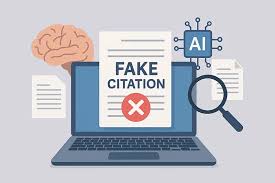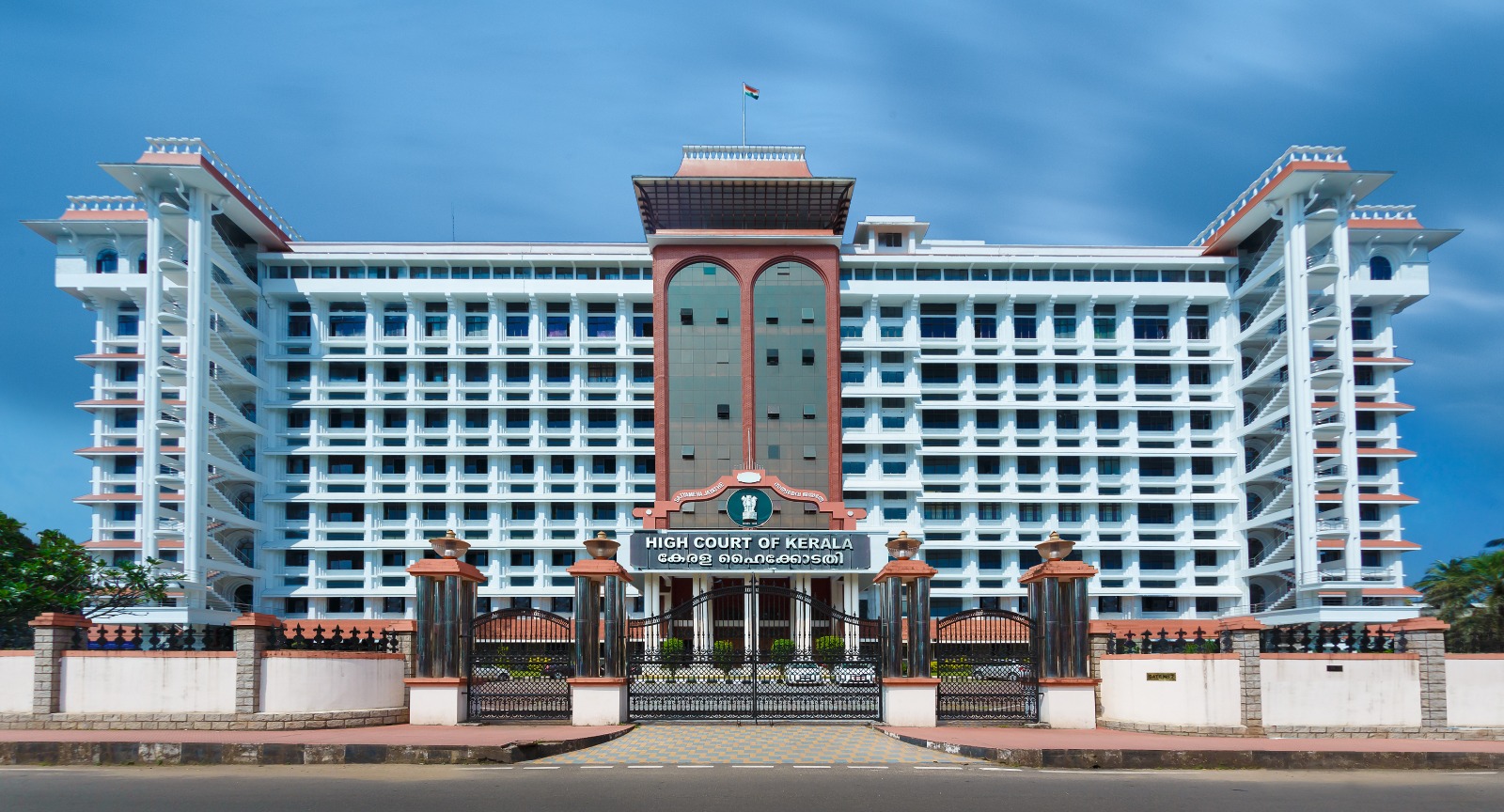S.P. Talukdar, J.@mdashThe present application u/s 482 of the Code of Criminal Procedure is directed against the judgment and order dated 2nd May, 2008 passed by learned Chief Judge, City Sessions Court, Kolkata in Criminal Revision No. 147 of 2007.
2. The said revisional application before the learned Sessions Court was filed by the present Petitioner being aggrieved by the judgment and order dated 25th May, 2007 passed by the learned Additional Chief Metropolitan Magistrate, Kolkata in Case No. C/998/05. By the said order, learned Trial Court found the Petitioner guilty of the offence u/s 138 of the Negotiable Instruments Act and sentenced him to suffer simple imprisonment for three months and to pay a sum of Rs. 1,40,000/- to the complainant, as compensation.
3. Grievances of the Petitioner, as ventilated in the present application, may briefly be stated as follows:
4. The Petitioner claimed that learned Trial Court was not justified in taking cognizance after consideration of the materials and by doing so, the learned Court put the cart before the horse.
5. The Petitioner had alleged that having regard to Section 69(3) of the Partnership Act, there was no scope for the learned Court to proceed with the said case arising out of the application u/s 138 of the N.I. Act.
6. The Petitioner further alleged that learned Court was not justified in proceeding with the case merely on the basis of the evidence-in-chief as placed on affidavit.
7. It was claimed that there could be no scope for awarding compensation without giving the present Petitioner an opportunity of hearing.
8. In response to this, learned Counsel for the private opposite party submitted that there had been cross-examination as against the affidavit evidence and the plea, as raised before this Court in this regard, was never agitated earlier either before the learned Trial Court or before the learned Court of Chief Judge, City Sessions Court.
9. Inviting attention of the Court to Section 297 of the Code of Criminal Procedure, it was submitted on behalf of the O.P. No. 2 that there could be nothing wrong on the part of the learned Court to rely upon the affidavit evidence. It is abundantly clear that affidavits to be used before any Court under the Code of Criminal Procedure may very well be sworn or affirmed before any notary appointed under the Notaries Act, 1952 (53 of 1952), apart from doing the same before any Judge or any Judicial or Executive Magistrate or any Commissioner of Oaths appointed by a High Court or Court of Session.
10. Learned Counsel for the said O.P./State, while echoing the submission made on behalf of the private opposite party, submitted that taking of cognizance is a mere irregularity, which cannot vitiate the proceeding. She further mentioned that the fine, as inflicted, could very well flow from the statute itself.
11. The order dated 2nd February, 2006 passed by the learned Additional Chief Metropolitan Magistrate, Kolkata, indicates that an affidavit in deposition shown by the complainant and a petition of complaint u/s 138 of the N.I. Act along with xerox copies of documents were placed before the learned Court. Learned Court applied its mind to the same. Learned Court found that a prima facie case u/s 138 of the N.I. Act could be made out. Learned Court directed issuance of summons.
12. It is true that the learned Magistrate in the said order wrote ''cognizance is taken'' subsequent to its satisfaction about the existence of a prima facie case.
13. The word ''cognizance'' has not been defined in the Code but it certainly means the application of judicial mind for the purpose of proceeding further. This prompted the learned Magistrate to refer to an earlier decision of the learned Single Bench of this Court in the case between
14. I am afraid, the manner in which attempt has been made to find fault with the said order dated 2nd February, 2006, reflects the correct proposition of law. It is far too technical and the order itself amply indicates that the learned Magistrate perused the petition of complaint, the affidavit along with the said petition. This act itself is an application of judicial mind and it led to the satisfaction of the part of the learned Magistrate to justify issuance of process.
15. Moreover, it could, at best, be an irregularity, which, by no stretch of imagination, could either vitiate the proceeding or prejudice the accused person. What is important is to see that a criminal proceeding should not be permitted to be initiated or proceeded with or without any sort of material. In fact, direction for issuance of summons u/s 204 of the Code of Criminal Procedure was given subsequent to taking of cognizance. Grievance in this regard, as raised by learned Counsel for the Petitioner, thus, appears to be without any basis.
16. Section 69 of the Partnership Act, 1932 deals with the effect of non-registration. Attention of the Court was invited to Sub-section (3) of Section 69 while submitting that the restriction imposed under Sub-sections (1) and (2) would also apply to a claim of set off or other proceeding to enforce a right arising from a contract. According to learned Counsel, the issuance of a cheque and its subsequent dishonour prompted the Petitioner to enforce a right arising from a contract. Since the complainant/private opposite party never claimed that the partnership firm under consideration is a registered one, there could be no scope for initiating any proceeding. In the considered opinion of this Court, learned Counsel has sought to stretch the applicability of Sub-section (3) of Section 69 of the Partnership Act too far.
17. In the present case, the right to initiate a legal proceeding flows from the statute itself and Sub-section (3) of Section 69 of the Partnership Act cannot have any manner of application.
18. Though reference was made to learned Single Bench decision of the Gujarat High Court in the case between
19. Learned Counsel, Mr. Bhattacharjee, has sought to assail such authorisation on technical ground. I, however, fail to accept such objection and that too, for the purpose of initiating a proceeding u/s 138 of the N.I. Act. The complainant, perhaps, was not required to be better equipped.
20. The factual backdrop in the case of Saraswati Trading Company (supra) as well as the case between
21. Learned Counsel for the Petitioner sought to derive support from another decision of learned Single Bench of the Bombay High Court in the case between
22. There too, the learned Court was called upon to deal with the rules of a Cooperative Credit Society and the resolution taken by such society, which did not execute any Power of Attorney nor there was any valid authority made by the society in favour of the concerned person.
23. The facts and circumstances of the other case as relied upon by learned Counsel for the Petitioner i.e.,
Learned Court in the said case observed:
... even though a complainant that is the payee of the cheque or the holder in due course can present a complaint even through a Manager or an authorized representative such complaint has to be on behalf of the payee or the holder in due course and cannot be filed in the personal capacity either by the Manager or by the authorised representative without filing the said complaint for and on behalf of the payee or the holder in due course.
24. The present case is based on significantly different factual backdrop.
25. This Court fails to understand as to why the learned Counsel referred to the decision in the case between Samisetty Subbarao v. Myanampati Ramakrishna Rao 2009(2) Bank 87 (A.P.). The learned Court in connection with the said case dealt with Section 9 of the N.I. Act, which defines ''holder in due course''. Learned Counsel for the O.P. categorically submitted that none of these points was raised either before the learned Trial Court or before the learned Court of Chief Judge, City Sessions Court, Kolkata and by referring to all such decisions, an attempt has been made to complicate a issue.
26. Learned Counsel for the Petitioner referred to Section 357(4) of the Code of Criminal Procedure while submitting that the present Petitioner/accused person should not have been denied an opportunity of hearing while learned Court awarded compensation.
27. In this context, learned Counsel for the Petitioner referred to a decision of the Apex Court in the case between Mangilal v. State of M.P. I (2004) CCR 1 (SC) : 2004 SCC 1085. The Apex Court while dealing with the principles of natural justice held that opportunity of hearing must be given before exercising power u/s 357(4) of the Code of Criminal Procedure.
28. The power to punish with imprisonment or with fine, which may extend to twice the amount of the cheque, or with both certainly flows from Section 138 of the N.I. Act. The award of compensation of an amount of Rs. 11,40,000/-appears to be largely in the context of the said penal provision u/s 138 of the N.I. Act. Moreover, it cannot be denied or disputed that the accused Petitioner in his statement u/s 313 of the Code of Criminal Procedure was given ample opportunity to explain each and every circumstance. In fact, the Petitioner, as accused person, admitted that he issued a cheque in discharge of liability. He did not have sufficient amount in the Bank, which resulted in dishonour of the cheque. He admitted to have accepted notice after putting his signature on the acknowledgement card. He further stated that he wanted to compromise but settlement could not be effected.
29. Considering all such facts and circumstances, I find no scope nor any rational justification for any manner of interference in response to the present application u/s 482 of the Code of Criminal Procedure. In fact, such a power u/s 482 can ordinarily be exercised in the interest of justice as well as to prevent abuse of the process of any Court. Having regard to the issues raised by the Petitioner, I think that filing of such an application in the facts and circumstances of the present case was itself an act of abuse of the process of Court.
30. The present case being C.R.R. No. 3055 of 2008 be accordingly dismissed. The direction given in the impugned judgment and order dated 2nd May, 2008 made by learned Chief Judge, City Sessions Court, Kolkata, in Criminal Revision No. 147 of 2007 be complied with positively within a period of three weeks from this date.
31. Let a copy of this order along with Trial Court records be sent to the learned 11th Court of Metropolitan Magistrate immediately and the record of the revisional application filed before the learned City Sessions Court be sent back to the said learned Court.
Criminal Department is directed to supply certified copy of this judgment, if applied for, as expeditiously as possible.

